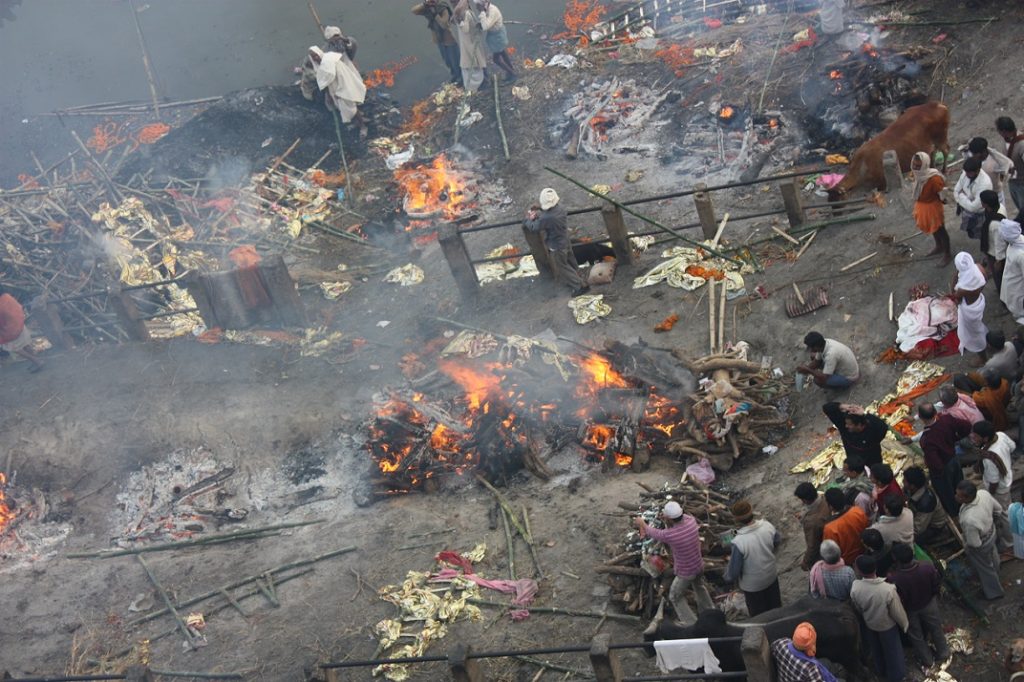INTERNET AND SOCIAL MEDIA REGULATION IN INDIA
Media law and policy in India has historically been driven by concerns around hate speech , and law and policy governing the Internet and popular social media platforms such as Whatsapp, Facebook, YouTube and Twitter, is no exception. However, unlike earlier forms of media, the scale, and speed with which information can spread on social media, the ability to be anonymous online, and the speed with which one can mobilise people, especially through peer to peer networks such as Whatsapp Signal and Telegram, that are end-to-end encrypted, has reconfigured the way in which the law, police, and civil society have grappled with this issue. The term social media has been defined as referring to a) sites and services that emerge globally in the 2000s including social networking sites, video sharing and blogging platforms that allow users to share and post their content and b) the cultural mindset that emerged in the mid 2000s as part of the technical phenomenon called Web 2.0 (Dana Boyd, It’s Complicated: The Social Lives of Networked Teens, Yale University Press, New Haven, 2014). The study will use the term broadly to include SMSes and instant messaging platforms such as Whatsapp, referred to as OTT (Over the Top) content.
OUTPUTS
